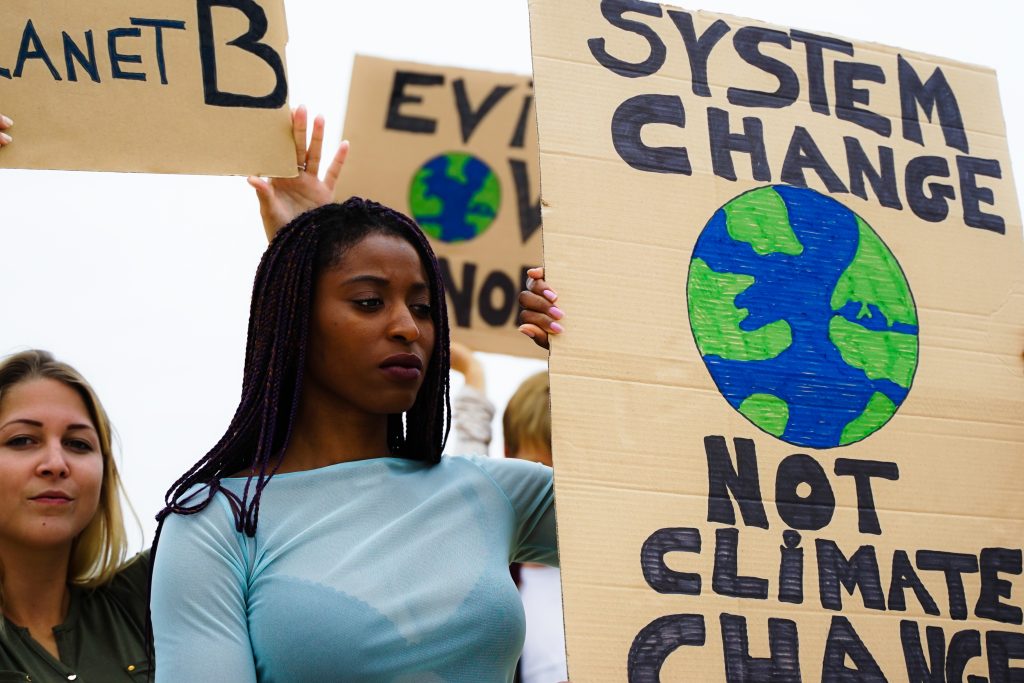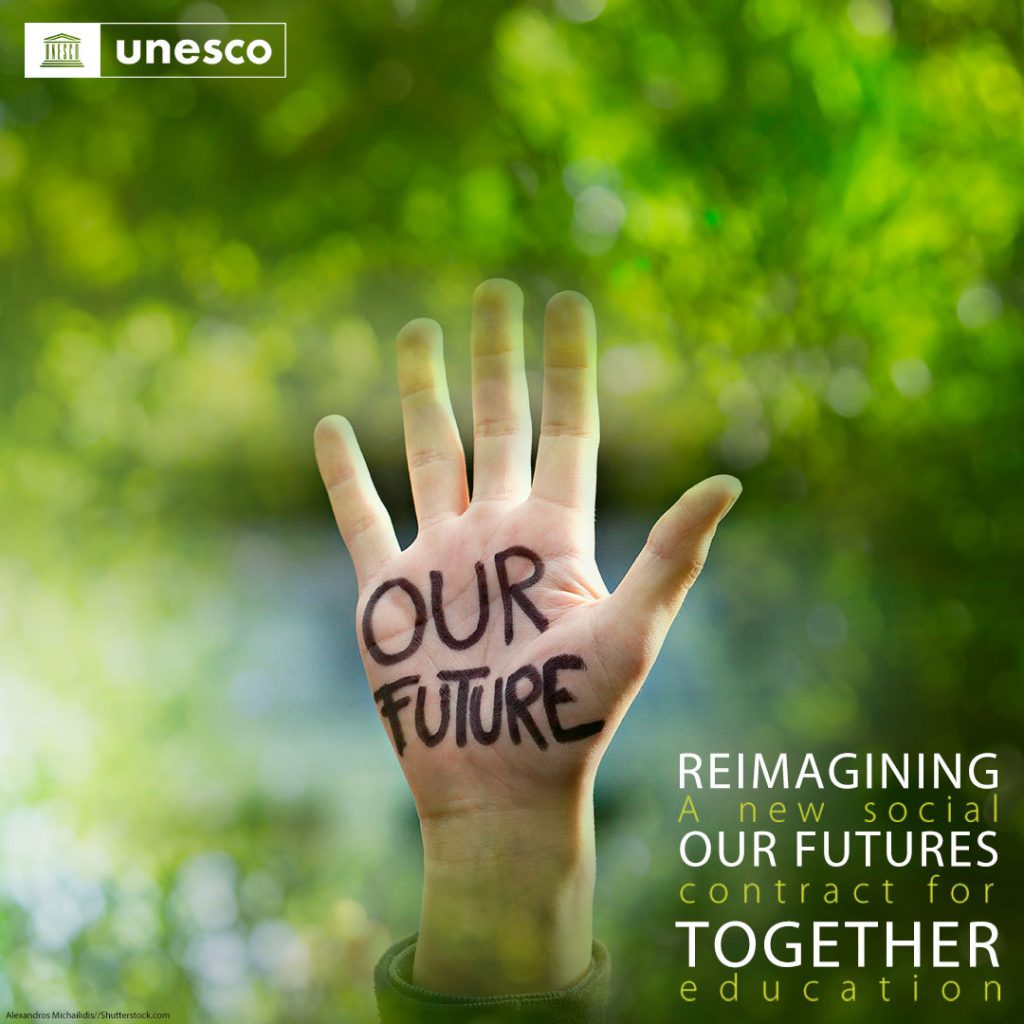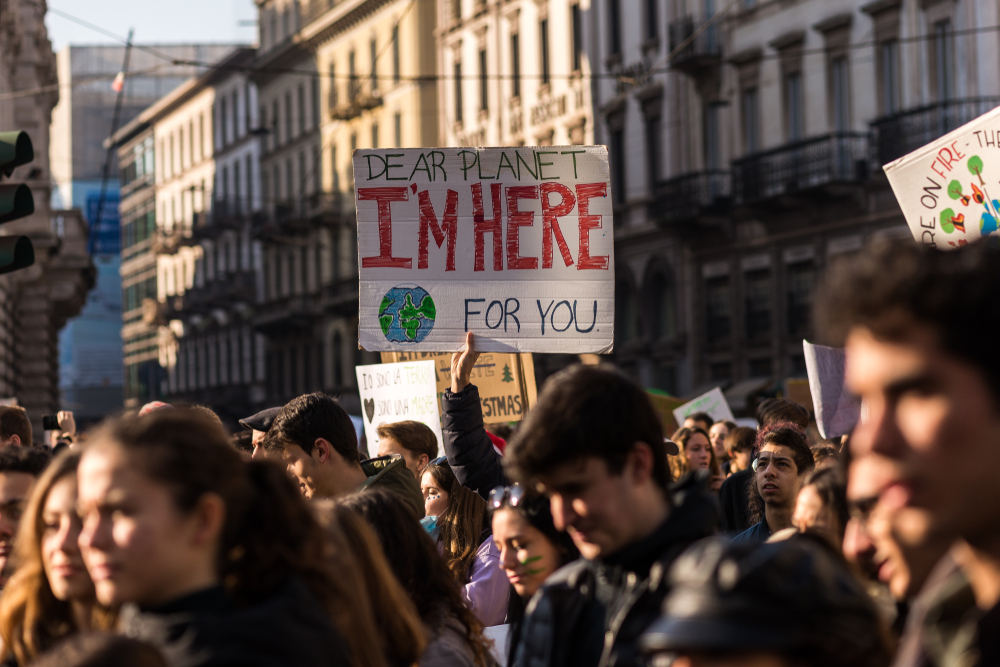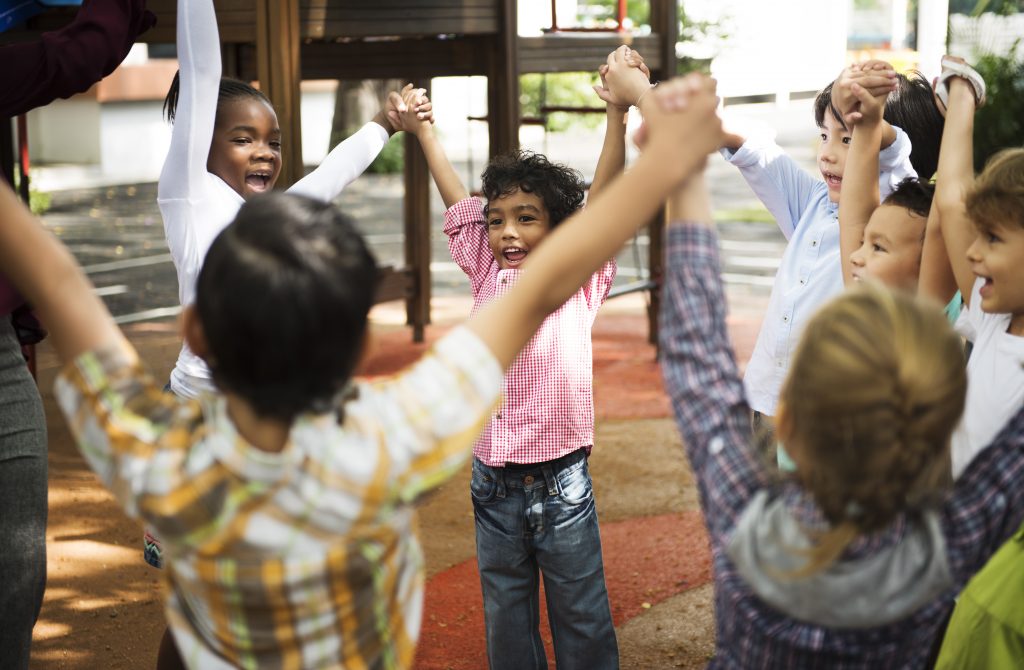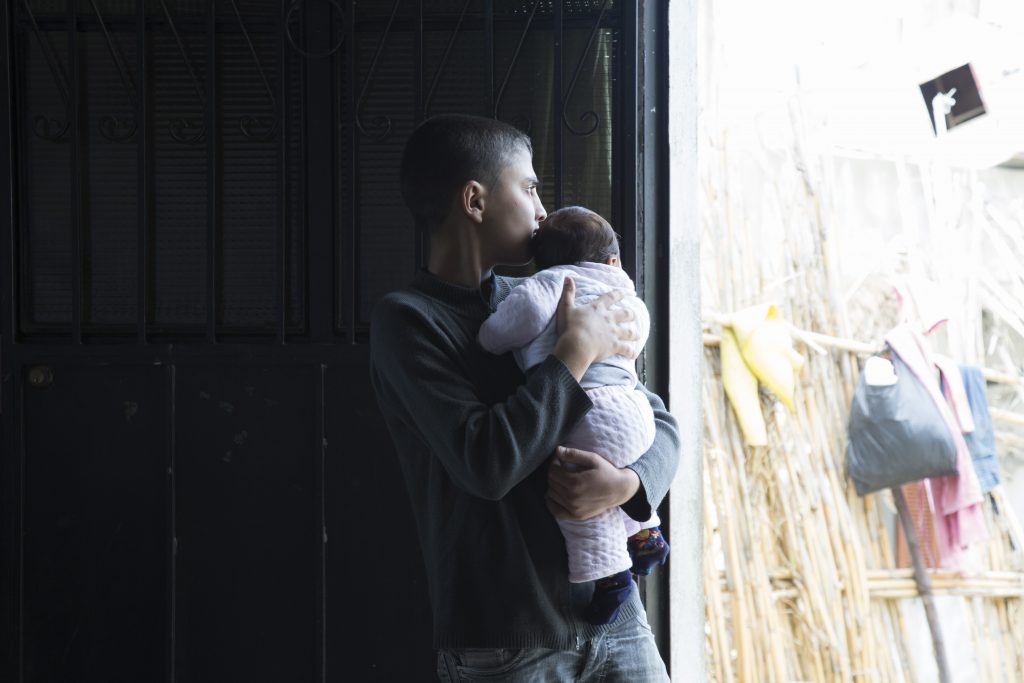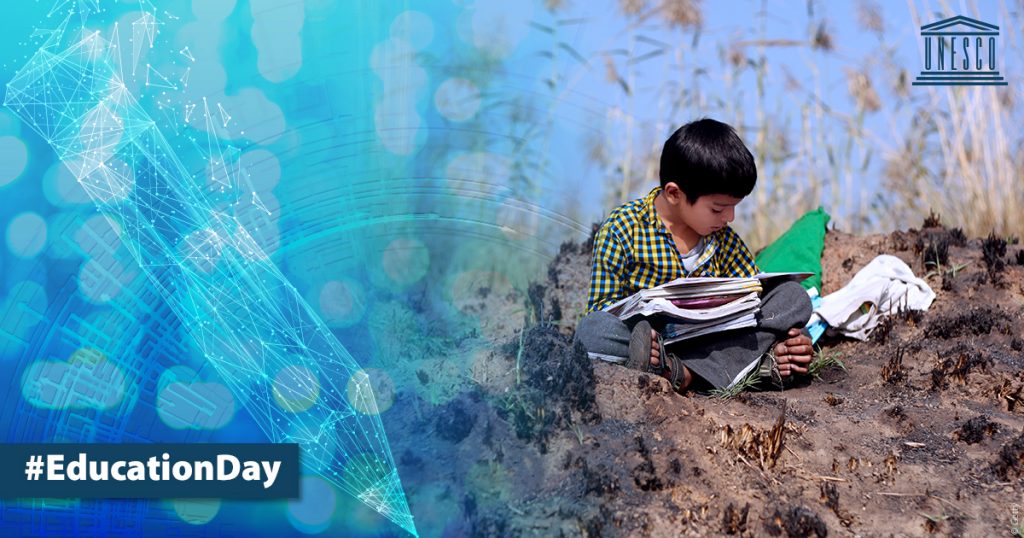The Faure report is 50 years old. While it has its faults, it remains a powerful statement of UNESCO’s humanistic vision of education and remains remarkably relevant, writes Maren Elfert, who, with Alexandra Draxler, has guest-edited a special issue of the International Review of Education on the report’s legacy
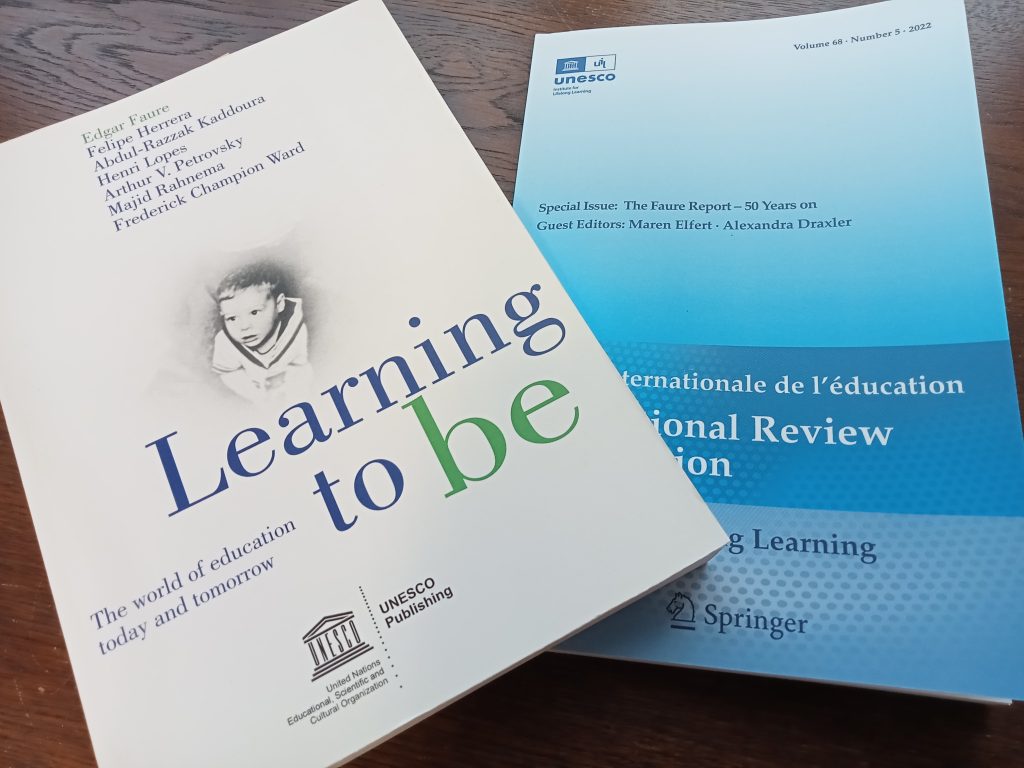
Our recently published special issue of the International Review of Education marks the fiftieth anniversary of the 1972 UNESCO report Learning to be: The world of education today and tomorrow, better known as the Faure report.
Although it has its shortcomings, the Faure report contains ideas that are remarkably relevant today, and there are good reasons to revisit it at this time. Just as we find ourselves in an environment characterized by a sense of crisis, the Faure report was written shortly after student uprisings in 1968 in France and as a number of other countries began to acknowledge the deep divide between traditional society and the demands of the younger generation. It grappled with themes similar to those we struggle with today and reflected the existential fears of the economic and environmental limits to growth. It was inspired by non-conformist thinkers such as Paulo Freire and Ivan Illich, who pointed to the need to breathe new life into outdated elitist and conformist conceptions of education systems.
Continue reading
